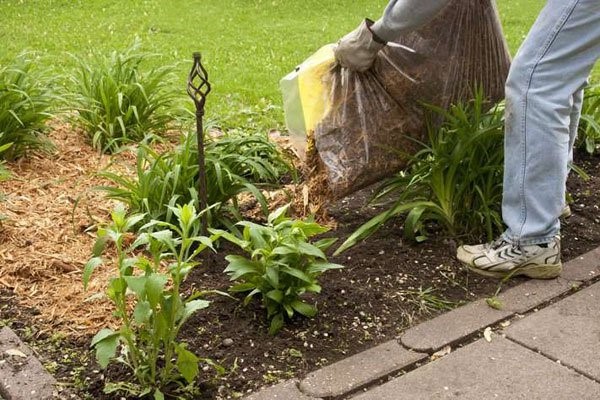By HALIMA ABDALLAH
Will a white crystal solve Uganda’s water for agriculture challenges? This is an emerging question following a recent display of this technology during the annual National Agricultural show at Jinja.
The annual show themed: Agricultural technologies and innovations for farmer-led agro-industrialisation, showcased technologies ranging from seeds, forage, mechanisation inputs, water retention technologies, value addition and even access to credit.
NEW TECHNOLOGY
That most crop exhibitors employ mulching as a water retention method was clear, but the use of super absorbent polymer was new.
“I have not heard about that technology, but before we can use it, we need to gauge its viability against existing technologies like mulching and irrigation,” said Maena Borniface, a Kenyan agronomist at Simlaw Seeds (U) Ltd.
“Our technology is still new in the market, but it is a good technology that is easy to use and cheaper. It has been around for about a year now,” said a Prismafoods Ltd staffer.
Information from Prismafoods, shows that the technology increases the water holding capacity of soils for two years. It also reduces water loss and irrigation frequency by 70 per cent.
Besides that, Prismafoods said using polymer improves soil aeration, accelerates plant growth due to the guaranteed availability of water while protecting the environment against drought and ground water pollution caused by leaching of fertilizer.
“I have started to use the product to try as much as possible to conserve soil water,” said Peter Kisambira, from Uganda Farmer Federation and show manager.
This substance is made from potassium polyacrylate (potassium-based super absorbent polymer.
Prismafoods staff demonstrated how the substance is used, where a kilogramme of the granules is mixed into 100 litres water. It will rise and became buried in sub-surface around the plant roots. Manure or fertiliser or pesticides can be added before covering with soil. The substance is also non-toxic according to Prismafoods.
“When applied to the roots, it allows you to save from 65-95 per cent of water used. Its application is simple yet effective,” says Prismafoods website.
ADDRESS WATER PROBLEMS
The technology is one of the innovations intended to address the problems of water for production in agriculture in the face of adverse weather conditions. It is effective in dry conditions and semi-deserts as it allows a farmer to use just a little water per day. This saves costs on irrigation systems.
“I buy one kilogram of polymer at $17 to apply on a four-acre parcel of land, which is cost-effective,” Kisambira said.
To farmers like him, it could just be a perfect solution to low access to water for production during prolonged dry seasons. Uganda’s agriculture is largely rain-fed. Irrigation is practiced in the few areas although the government plans to open up 15 major irrigation schemes this financial year.
While climate change and the impacts of human activity on the ecosystems remain a major concern for Uganda’s water sources, poor access to water for production and domestic use is blamed on low investment in the sector. This is because the country has few water bodies.
In the medium-term, government plans to increase provision of water for production through development of multipurpose bulk water storage and supply systems. Read the original article on The East African.



